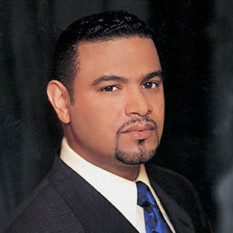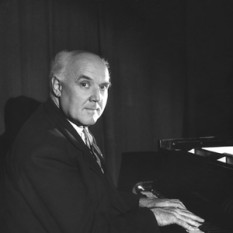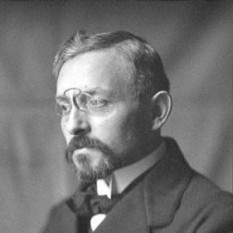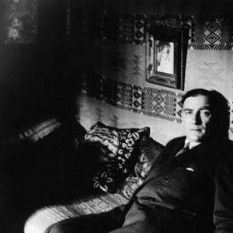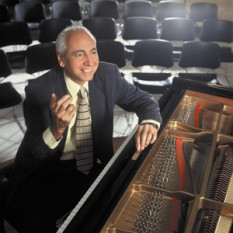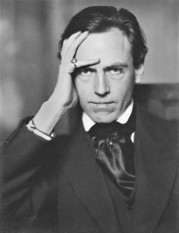The impressionist movement in music was a movement in European classical music, mainly in France, that began in the late nineteenth century and continued into the middle of the twentieth century. Like its precursor in the visual arts, musical Impressionism focused on suggestion and atmosphere rather than strong emotion or the depiction of a story as in program music. Musical Impressionism occurred as a reaction to the excesses of the Romantic era. While this era was characterized by a dramatic use of the major and minor scale system, Impressionist music tends to make more use of dissonance and more uncommon scales such as the whole tone scale. Romantic composers also used long forms of music such as the symphony and concerto, while Impressionist composers favored short forms such as the nocturne, arabesque, and prelude.
Musical Impressionism was based in France, and the French composers Claude Debussy and Maurice Ravel are generally considered to be the two "great" Impressionists. However, composers are generally not as accurately described by the term "Impressionism" as painters in the genre are. Debussy renounced it, saying, "I am trying to do 'something different' – in a way realities – what the imbeciles call 'impressionism' is a term which is as poorly used as possible, particularly by art critics."Maurice Ravel composed many other pieces that aren't identified as Impressionist. Nonetheless, the term is widely used today to describe classical music seen as a reaction to 19th century Romanticism.
Accordingly, many musical instructions in "impressionist" pieces are written in French, as opposed to the traditional Italian.
Besides the two "great" impressionist composers, Claude Debussy and Maurice Ravel, other impressionists include Karol Szymanowski, Charles Griffes, Alexander Scriabin, Paul Dukas, and Ralph Vaughan Williams.
Impressionism also influenced the music of Manuel de Falla, Frederick Delius, Isaac Albéniz, Erik Satie, Camille Saint-Saëns, Zoltán Kodály, Ottorino Respighi, and Francis Poulenc, as well as jazz musicians such as Bill Evans. .

